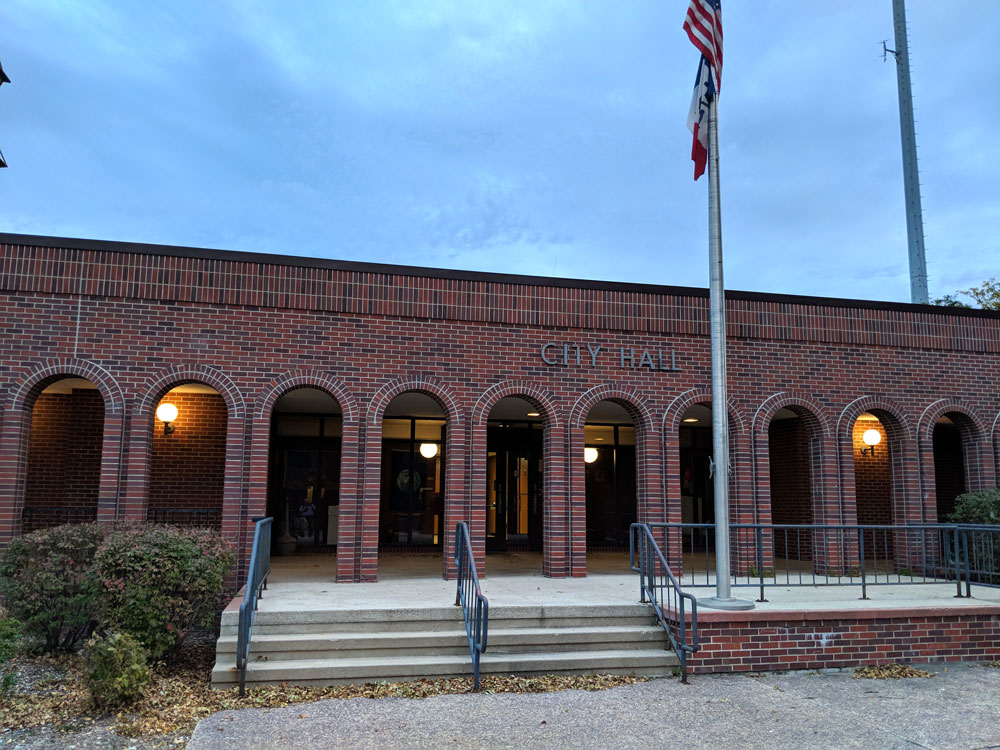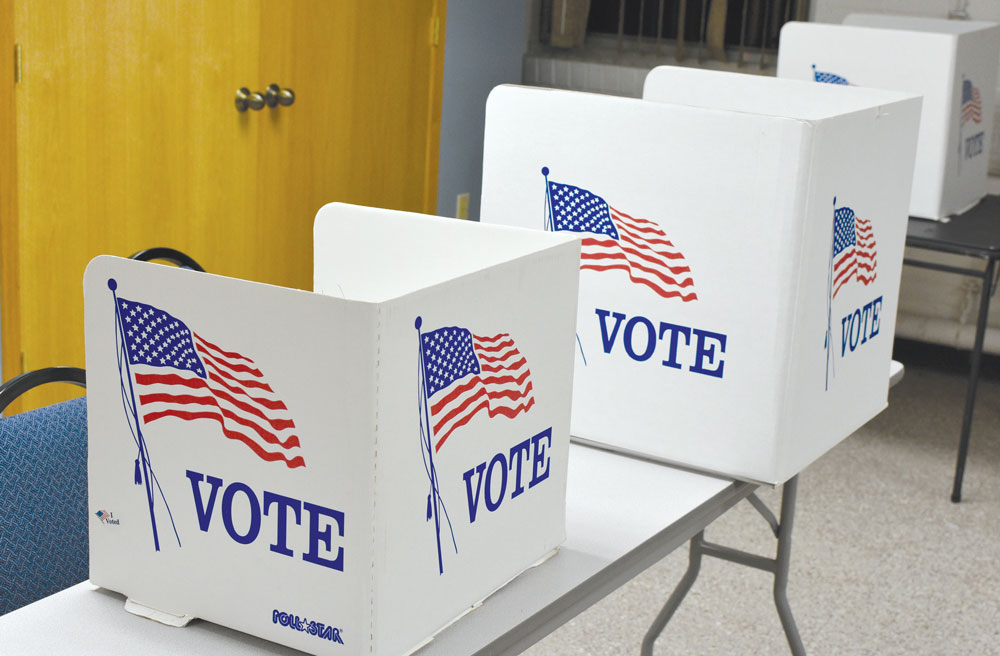Some area elections will have to rely on write-ins this fall
By Bob Steenson and Bob Fenske, Charles City Press and Nashua Reporter
If you’re interested and you live in either location, Colwell or Nashua wouldn’t mind seeing you as a write-in candidate in the upcoming Nov. 5 election.
When the filing deadline came last month, no one had filed for mayor or any of the five City Council seats in Colwell.
And both the Nashua City Council and the Nashua-Plainfield Board of Education have fewer candidates than seats available.
In Rudd, there are only two candidates for three City Council seats, but there are two candidates for mayor. Maybe the loser in the mayor race would like a seat on the council.
The situation isn’t unusual in Colwell. Last election, in 2017, no one filed for mayor and there was only one candidate who filed for one of the five available council seats. In 2015 and 2013, no one filed for City Council or mayor, same as this year and the same as some elections before that.
In Nashua, just two candidated files for the three available council seats, incumbent Harold Kelleher III and Dr. Alex Anthover.
Two other incumbents, Angie Dietz-Robinson and Rolland Cagley, are not seeking re-election.
In the Nashua-Plainfield School District, neither incumbent — Gail Zwanziger and Dawn Koob — filed for re-election. Cody Jensen filed to run in Koob’s District 2, but no one filed for Zwanziger’s seat representing District 1.
With no names or not enough names on the ballots to fill all the available seats, write-in votes will decide who wins those races. Sometimes just a handful of votes make those decisions.
Floyd County Auditor and Commissioner of Elections Gloria Carr has said in the past that while relying on write-in names is a legal way to decide these seats, it isn’t necessarily the best way to choose a government.
Voters don’t get a chance to hear what the candidates think about the issues, she said, and sometimes write-in ballots choose people who don’t want the position, or who aren’t eligible because they don’t meet residency requirements or some other qualification.
If that happens, the governmental body can declare the position vacant.
Either a city council or a school board can appoint members within 30 days of declaring a position vacant, but they must provide notice that they intend to appoint. And local voters could file a petition requiring a position to be filled by special election rather than appointment.
If that happens, the city council or the school board would be holding a special election to fill seats that no candidates wanted in the first place.









Social Share